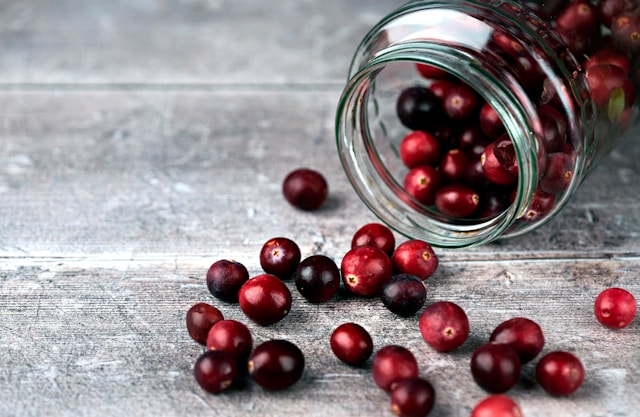Research suggests that cranberries, a common Thanksgiving ingredient, could promote a healthier gut. A recent study indicates that consuming cranberry extract for a brief period can boost beneficial gut bacteria and decrease harmful ones.
Cranberry extract modifies gut bacteria
According to the study conducted by Laval University researchers, published in npj Biofilms and Microbiomes, Prebiocran, a cranberry extract, is abundant in polyphenols and oligosaccharides, offering potential health benefits.
Researchers conducted a study to investigate the effects of cranberry extract on gut bacteria. They administered the extract to 28 healthy volunteers for four days and collected stool samples before and after the supplementation period. The results showed an increase in bifidobacteria, beneficial probiotic microbes, and a decrease in bacteroides, potentially harmful bacteria. This suggests that cranberry extract may mitigate the negative effects of the Western diet on gut health.
The diet modifies gut bacteria, triggers mucosal inflammation, and weakens the intestinal barrier, crucial for shielding the body from gut bacteria. According to Yves Desjardins of Laval University, this alteration permits the passage of harmful substances like lipopolysaccharides, leading to metabolic endotoxemia and contributing to inflammation and metabolic disorders.
Bifidobacteria incranbery ferments oligosaccharides and displaces bacteriodes
LPS-induced inflammation can lead to chronic diseases like diabetes and cardiovascular issues. Bifidobacteria in cranberry extract ferment oligosaccharide fibers, multiplying and displacing harmful bacteria like Bacteroides. Polyphenols in cranberry also combat unwanted bacteria. Additionally, cranberry extract enhances butyrate-producing bacteria, promoting gut health and reducing inflammation, lowering the risk of inflammatory bowel diseases and certain cancers.
Blood and fecal samples analyzed by scientists revealed an increase in butyrate concentrations following a four-day cranberry intervention, accompanied by a decrease in acetate levels, another short-chain fatty acid. This decline in acetate may be attributed to cross-feeding interactions, wherein bifidobacteria produce acetate consumed by butyrate-producing bacteria. The impact on the microbiome varied among individuals.
Individuals with a higher presence of Prevotella bacteria, exhibited a significant increase in Faecalibacterium prausnitzii, a key butyrate producer crucial for gut health. Conversely, those with higher levels of Bacteroides, linked to “enterotype 2”, did not experience a similar rise in F. prausnitzii populations.


